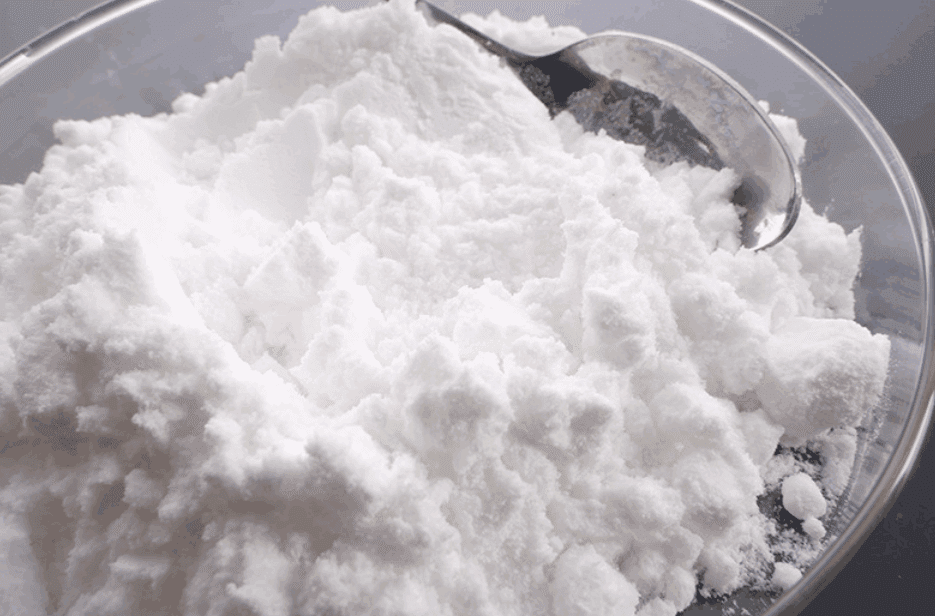Is ammonium bicarbonate safe in food
Friends, do you know what ammonium bicarbonate is? Although the name sounds a bit strange, it actually plays a very important role in our daily baking! Let's talk about this magical little thing today!

The Application of ammonium bicarbonate in baking
Stinky powder, scientifically known as ammonium bicarbonate, although its name sounds rather resistant, is indeed a very effective leavening agent in baking. It is mainly used for making crispy pastries such as cream puffs. It can be stable at room temperature, but it is prone to weathering in the air. When heated, it will produce gas, causing the dough to expand. The surface of the peach pastries made in this way will develop natural cracking patterns, giving a truly "crispy" and crumbling feeling!
During the baking process, ammonium bicarbonate decomposes to produce ammonia and carbon dioxide, which can cause the dough to expand rapidly. Although there are no strict regulations on the dosage, according to the data from FAO/WHO, the maximum dosage of stinky powder in cocoa powder and sugary cocoa powder is 50g/kg. So when making it, everyone can adjust the amount according to their specific needs!
Precautions for the use of ammonium bicarbonate
There are several points to note when using ammonium bicarbonate. Its smell is indeed very pungent, mainly due to the ammonia element in it. So when in use, it is necessary to maintain a well-ventilated environment. In addition, the stinky powder is highly soluble in water. If it remains, it will cause the product to have a slightly unpleasant smell and affect the taste. Therefore, it is best used for baked goods with less water content.
Ammonium bicarbonate is similar to ammonium carbonate in that it is a chemical swelling agent, but their decomposition temperatures are different. Ammonium carbonate has a relatively low decomposition temperature and is suitable for use in dough processed at higher temperatures. Ammonium bicarbonate has a relatively high decomposition temperature and is more suitable for use in dough processed at higher temperatures. For better results, it can be used in combination with a compound leavening agent.
In addition, as ammonium bicarbonate is prone to decomposition and release ammonia gas, it is difficult to store, so it is rarely seen in households. Sealed storage is essential and it is best to keep it in a cool and dry place. Only in this way can we ensure its effect!

The unique odor and effects of ammonium bicarbonate
When it comes to ammonium bicarbonate, its smell is truly unique and unforgettable. A very strong ammonia smell hit the nose, but this odor would dissipate at high temperatures. This is also the reason why we can't smell any strange odor when eating cream puffs.
During the baking process, ammonium bicarbonate neutralizes the sourness in the dough, making the product more delicious. Although its smell is rather pungent, almost no unpleasant odor can be detected after the product cools down. Moreover, different dishes have different applicability to it. For instance, cream puffs are highly suitable for using ammonium bicarbonate because they need to expand rapidly. Bread and cakes, however, hardly use this additive.
If you smell a urine odor, it is very likely that the ammonium bicarbonate stored somewhere has lost its effectiveness. Fresh ammonium bicarbonate is usually odorless. So when purchasing and using it, everyone must pay attention to sealing and storing it!
Although some people find it hard to accept the consumption of ammonium bicarbonate, it has indeed brought many surprises to our baking life. If you are interested in baking or are already using stinky powder, friends, welcome to share your usage experiences and questions in the comment section! Let's exchange more baking tips together!


